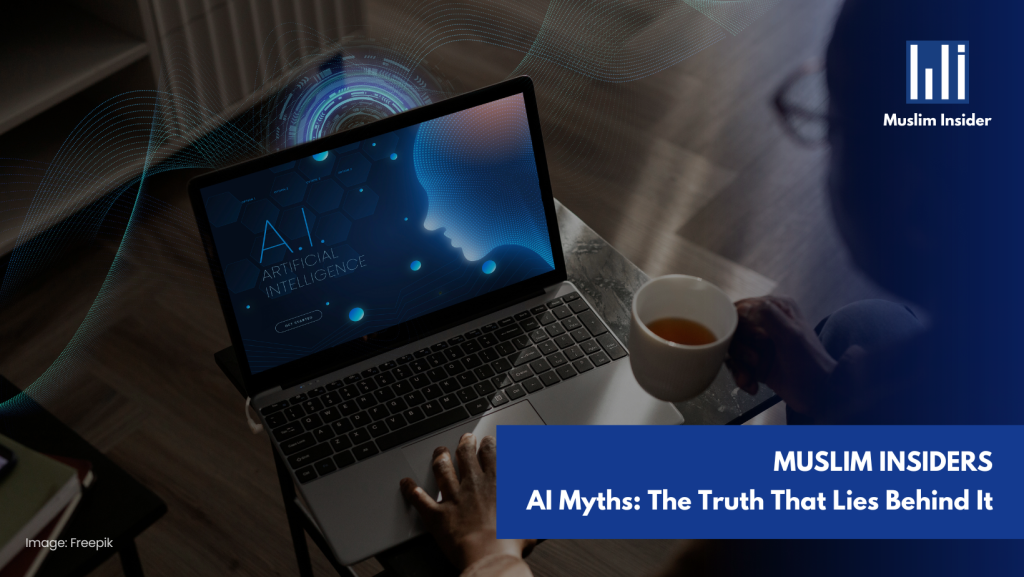

We tend to hear that artificial intelligence (AI) could probably rule the world and humans will be no longer useful, which has created a lot of unnecessary fears among us. But, if you think about it again, how can the AI models learn without human input? They still need sources. Without sources, they have nothing to learn and nothing to process; hence, there will be no output. But of course, that is not something that we are worried about and we all know that. We are worried about the dangerous ones that could have an impact on our lives, such as being afraid that we could lose our jobs to AI. Is that true? Let’s find out.
Humans Will Lose Jobs to AI
Human jobs that are repetitive and require automation will be eliminated and replaced by AI. This would make the job within the organization more quickly done, more accurate and save cost. The question is, is every one of our tasks repetitive? Tasks such as data entry, customer support and quality control may require AI, but not the whole job position itself. If the tasks are being automated, expect that there will be a decline in tasks.
According to the World Economic Forum, information and data processing are the tasks that will be automated now and in the next five years. Meanwhile, the tasks with the lowest potential for automation will be reasoning and decision-making, which require human assistance. On the bright side, when these tasks are automated, we will no longer be doing boring and mundane tasks and there will be more new and fresh jobs that are more likely to have better pay.
However, even though repetitive tasks are being automated, what is worrying us the most is losing the whole job position itself since everything is automated by AI. The job positions that have a risk of declining due to their highest automation, according to the World Economic Forum, are office and administrative. The listed are bank tellers and related clerks, accounting, bookkeeping, payroll clerks, telemarketers, legal secretaries, statistical, finance, insurance clerks, material-recording, store-keeping clerks, administrative and executive secretaries and also data entry clerks.
AI Learns by Themselves and Will Take Over The World
This statement may be made as a warning, but to think logically, is it really? No matter how efficient AI is, it could never have intuition and emotions as humans do. As mentioned, when there is a lack of or no human input, how can the AI work? If the AI is not consistently updated with human input, they will keep processing the same data over and over again, which will no longer be relevant and useful in the future.
An example of what happens when there is a lack of human input has been shown in the New York Times report showing that a pedestrian has been hit to death by an autopilot Uber vehicle. According to Make Use Of, the CEO of Tesla, Elon Musk, made a counter argument about how AI could get out of human control in the future. He said that humans might lose control if they do something foolish, comparing AI to a demon. Along with the statement, he paused on AI development early this year.
AI, Machine Learning and Deep Learning are the Same
All three terms can be seen as the same but they are not. AI is the term used for a field in computer science. Meanwhile, machine learning is a subset of AI, a technique that allows a machine to learn from the data without being explicitly programmed. While machine learning is a subset of AI, deep learning is a subset of machine learning. Deep learning algorithms learn from large amounts of data and make complex correlations between inputs and outputs, which then enable them to do tasks such as image recognition, natural language processing and text recognition. Basically, it can mimic the process of the brain with the data given to provide an output.
Hence, while AI has the potential to transform various aspects of our lives, it is not an existential threat to humanity, and there are still roles for us to play in jobs while using AI as many additional benefits to improve job efficiency and boost productivity.




